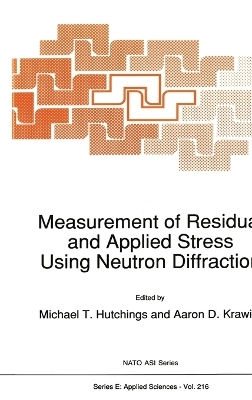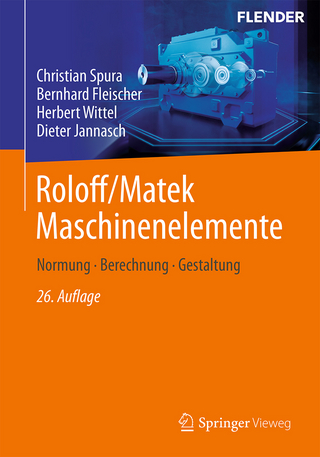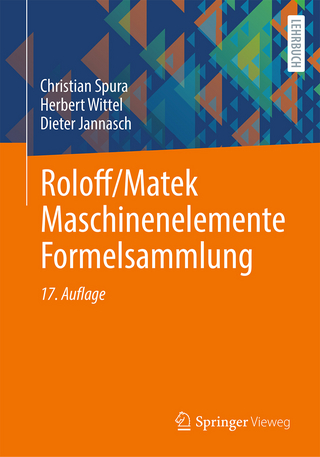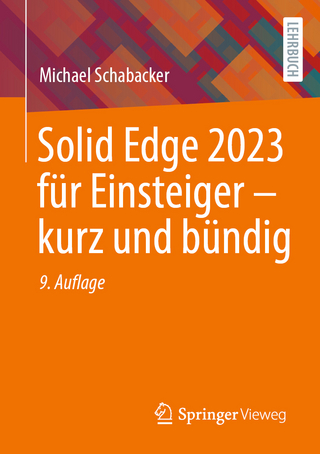
Measurement of Residual and Applied Stress Using Neutron Diffraction
Proceedings of the NATO Advanced Research Workshop, Oxford, U.K., March 18-22, 1991
Seiten
1992
Kluwer Academic Publishers (Verlag)
978-0-7923-1809-5 (ISBN)
Kluwer Academic Publishers (Verlag)
978-0-7923-1809-5 (ISBN)
With contributions by most of the world's experts, this collection of papers gives a comprehensive treatment of the theory, practice and problems in the measurement of residual stresses using neutrons. It provides information about the uses and limitations of the method, with numerous examples.
The relevance of residual stresses in engineering components is being increasingly appreciated by modern engineers concerned with design and performance. The non-destructive evaluation of such stresses has provided a challenge which has been addressed by the use of X-ray diffraction to characterize near-surface stresses. The extension of diffraction stress measurements to include neutron diffraction represents a major advance. Use of the penetrating power of neutrons is ideally suited to the determination of macrostress variation through thick components and of microstresses in composites and multiphase alloys. This collection of papers on the subject is the first of its kind and represents a definitive summary of the field. With contributions by most of the world's experts, it gives a comprehensive treatment of the theory, practice and problems in the measurement of residual stresses using neutrons, with references to virtually all work currently in print. It provides state-of-the-art information about the uses and limitations of the method, with numerous examples.
It is appropriate both for those currently using X-ray methods, and for engineers and scientists considering the use of neutrons for industrial or research problems involving residual stress characterization in metallic, ceramic or composite systems.
The relevance of residual stresses in engineering components is being increasingly appreciated by modern engineers concerned with design and performance. The non-destructive evaluation of such stresses has provided a challenge which has been addressed by the use of X-ray diffraction to characterize near-surface stresses. The extension of diffraction stress measurements to include neutron diffraction represents a major advance. Use of the penetrating power of neutrons is ideally suited to the determination of macrostress variation through thick components and of microstresses in composites and multiphase alloys. This collection of papers on the subject is the first of its kind and represents a definitive summary of the field. With contributions by most of the world's experts, it gives a comprehensive treatment of the theory, practice and problems in the measurement of residual stresses using neutrons, with references to virtually all work currently in print. It provides state-of-the-art information about the uses and limitations of the method, with numerous examples.
It is appropriate both for those currently using X-ray methods, and for engineers and scientists considering the use of neutrons for industrial or research problems involving residual stress characterization in metallic, ceramic or composite systems.
Overview; background; aspects of fundamental principles; aspects of experimental measurement; instrumentation - steady state reactor, pulsed neutron source; composites; measurements on bulk components; comparison of neutrons with x-rays and other stress probes.
| Reihe/Serie | NATO Science Series E: ; v. 216 |
|---|---|
| Zusatzinfo | author index, subject index, references |
| Sprache | englisch |
| Maße | 156 x 234 mm |
| Gewicht | 1031 g |
| Einbandart | gebunden |
| Themenwelt | Technik ► Maschinenbau |
| ISBN-10 | 0-7923-1809-9 / 0792318099 |
| ISBN-13 | 978-0-7923-1809-5 / 9780792318095 |
| Zustand | Neuware |
| Haben Sie eine Frage zum Produkt? |
Mehr entdecken
aus dem Bereich
aus dem Bereich
Normung, Berechnung, Gestaltung
Buch | Softcover (2023)
Springer Vieweg (Verlag)
39,99 €
Buch | Softcover (2023)
Springer Vieweg (Verlag)
24,99 €
Buch | Softcover (2023)
Springer Vieweg (Verlag)
24,99 €


